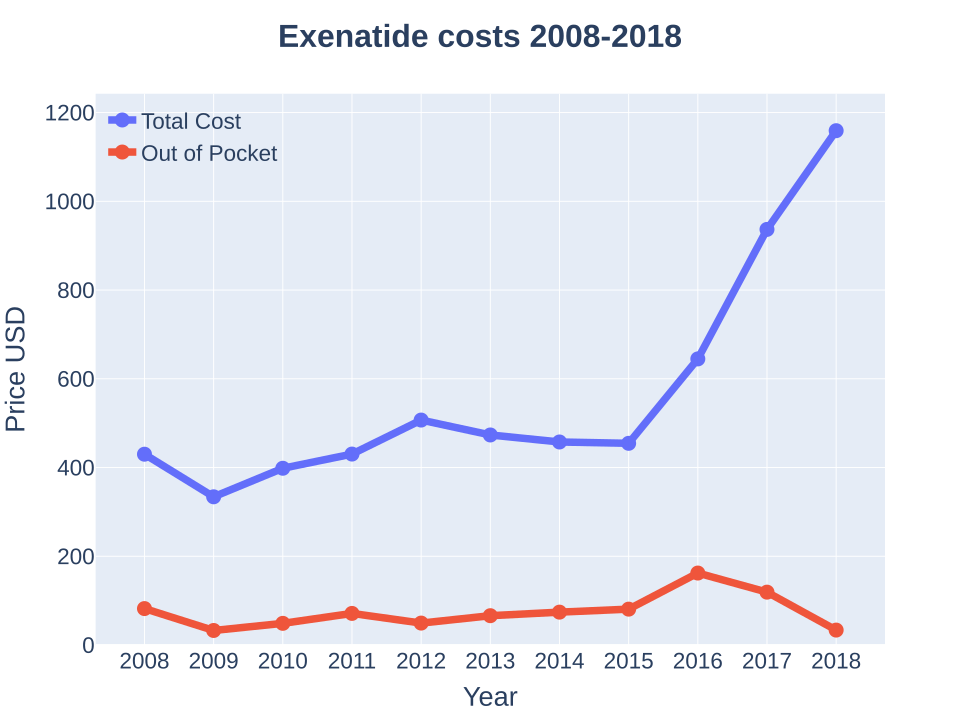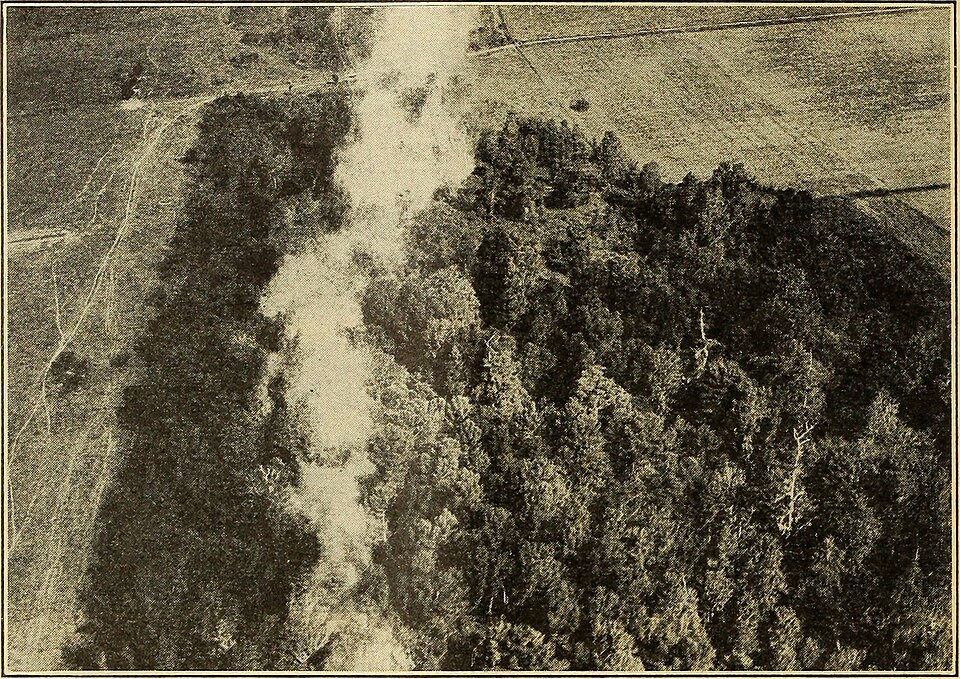Research Reveals Bat Virus HKU5 Could Mutate to Infect Humans

A recent study conducted by researchers from Washington State University (WSU), the California Institute of Technology, and the University of North Carolina has identified a concerning group of viruses closely related to the Middle East respiratory syndrome coronavirus (MERS-CoV) that may be on the brink of infecting humans. The findings, published in *Nature Communications* on June 12, 2025, highlight the HKU5 subgroup of merbecoviruses, which are present in bat populations across Asia, Europe, Africa, and the Middle East. These viruses could be just one mutation away from making the jump to human hosts, raising alarms within the scientific community regarding potential future outbreaks.
The study led by Michael Letko, a virologist at WSU's College of Veterinary Medicine, reveals that while many merbecoviruses are unlikely to pose a direct threat to human health, the HKU5 subgroup exhibits notable traits that warrant close monitoring. According to Letko, "Merbecoviruses—and HKU5 viruses in particular—really hadn't been looked at much, but our study shows how these viruses infect cells. What we also found is HKU5 viruses may be only a small step away from being able to spill over into humans."
The research team utilized virus-like particles to examine how these viruses bind to cell receptors, specifically focusing on the ACE2 receptor, which is also used by the SARS-CoV-2 virus responsible for COVID-19. Although HKU5 viruses currently bind more effectively to bat ACE2 receptors, mutations in their spike proteins suggest a potential for adaptation to human receptors. This adaptability raises concerns about the possibility of zoonotic transmission, especially given an incident earlier this year where an HKU5 virus was documented to have jumped to minks in China.
Letko's lab has been pivotal in understanding how zoonotic viruses can emerge from wildlife, with a focus on the genetic sequences cataloged over the past two decades. The study's findings are particularly relevant in light of the COVID-19 pandemic, which has heightened awareness of the risks posed by coronaviruses originating from animal reservoirs.
Victoria Jefferson, a postdoctoral researcher involved in the study, employed the artificial intelligence program AlphaFold 3 to model the interaction between the HKU5 spike protein and ACE2 receptors. "This tool allowed us to generate accurate predictions in minutes, something that previously required extensive lab work and specialized equipment," Jefferson stated. Such innovations not only expedite research but may also inform future vaccine and treatment development strategies.
The research was funded by the National Institutes of Health (NIH), with Jefferson's work supported by an NIH T32 training grant. As the scientific community continues to monitor the evolution of these viruses, the implications for public health and pandemic preparedness remain critical. Letko emphasized the importance of vigilance, stating, "While there's no evidence they've crossed into people yet, the potential is there—and that makes them worth watching."
The study underscores an urgent need for ongoing surveillance of wildlife diseases, particularly as climate change and human encroachment on natural habitats increase the likelihood of zoonotic spillovers. Experts stress that understanding the mechanisms of viral transmission and mutation is essential for mitigating future pandemics. As the world grapples with the lingering effects of COVID-19, the findings from this research serve as a stark reminder of the ever-present threat posed by emerging infectious diseases.
Advertisement
Tags
Advertisement





